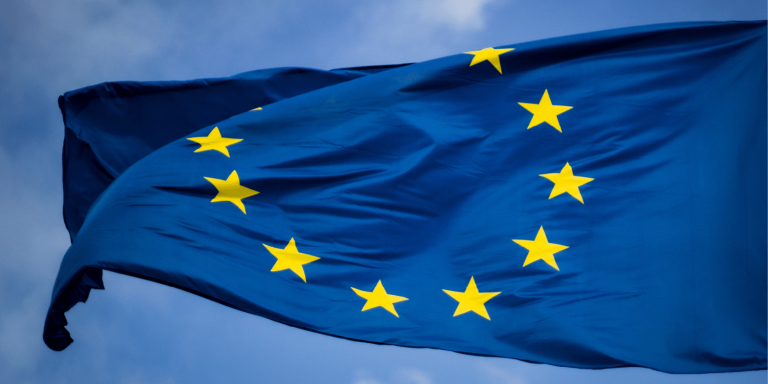
The European High Performance Computing Joint Undertaking (EuroHPC JU) announced on October 4 that six sites across the European Union have been selected to host and operate the first EuroHPC quantum computers following a March 2022 CEI: Czech Republic, Germany, Spain, France, Italy and Poland.
The Joint Undertaking is a legal and financial entity created in 2018 to enable the EU and EuroHPC participating countries to coordinate their efforts and pool their resources with the goal of making Europe a world leader in high-performance computing.
To date, five of its supercomputers are operational: LUMI in Finland (which ranks 3rd in the world), Vega in Slovenia, MeluXina in Luxembourg, Discoverer in Bulgaria, and Karolina in the Czech Republic, with three in the process of being installed – Deucalion in Portugal, MareNostrum5 in Spain, and LEONARDO in Italy.
In June, the EuroHPC Joint Undertaking also announced five new hosting sites for a new generation of European supercomputers in Germany, Greece, Hungary, Ireland and Poland:
- JUPITER, Europe’s first exascale supercomputer, will be hosted by the Jülich Supercomputing Center in Germany
Four other sites have also been selected to host mid-range supercomputers with petascale or pre-exascale capabilities:
- DAEDALUS in Greece,
- LEVENTE in Hungary,
- CASPIr in Ireland,
- EHPCPL in Poland.
In December 2021, the EuroHPC Joint Undertaking launched its first quantum computing initiative with its R&I project. The project aims to integrate two quantum simulators, each controlling about 100 quantum bits (qubits), into two already existing supercomputers:
- the Joliot Curie supercomputer of GENCI, the French national supercomputing organization, located in France;
- the JUWELS supercomputer of the Jülich Supercomputing Center, located in Germany.
Europe’s first quantum computers
The EuroHPC AMI of last March invited HPC centers to apply as hosting entities for its quantum computers.
These will be integrated into existing supercomputers and the selected hosts will operate the systems on behalf of the EuroHPC Joint Undertaking. The quantum computers will be co-financed by EuroHPC through the Digital Europe Programme (DEP) and by contributions from the relevant EuroHPC Joint Undertaking participating States.
The Joint Undertaking will co-finance up to 50% of the total cost of the quantum computers with an expected total investment of more than EUR 100 million. The exact funding arrangements for each system will be reflected in the host agreements to be signed shortly.
The new quantum computers will meet the growing needs of European industry and academia for quantum computing resources and potential new services. They will be able to solve complex problems in areas such as health, climate change, logistics or energy use in a matter of hours, whereas current systems take months or even years to complete, while consuming much more energy.
Integrating quantum computing capabilities into HPC applications will enable scientific discovery, R&D, and new opportunities for industrial innovation.
Researchers from academia or industry, wherever they are in Europe, will be able to access these six quantum computers based on state-of-the-art European technology.
The new quantum computers are expected to be available at the six selected sites, including KAROLINA in the Czech Republic, LUMI in Finland and EHPCPL in Poland, by the second half of 2023. They will support a wide range of applications of industrial, scientific and societal interest to Europe:
- Much faster and more efficient development of new drugs, with the creation of a “digital twin” of a human body on which, for example, virtual drug trials will be conducted;
- Solving complex logistical and programming problems to help companies save time and fuel;
- Developing and testing, in a virtual environment, new materials such as polymers for aircraft, catalytic converters for cars, solar cells or room temperature superconductors that could store energy indefinitely.
The quantum computers will consist entirely of European hardware and software, leveraging European technology developed through EU-funded quantum initiatives, national research programs, and private investment.
Margrethe Vestager, executive vice president for a digital-friendly Europe, concludes:
“This is an example of a European project par excellence. By pooling resources and know-how, we can take the lead in an area that is crucial for the future of our digital society. This contributes to our fight against climate change. And it is an essential step in our drive to deploy a world-class supercomputing and quantum computing infrastructure in Europe that is accessible across the EU.”
Translated from EuroHPC JU dévoile les six sites qui accueilleront prochainement les premiers ordinateurs quantiques européens









